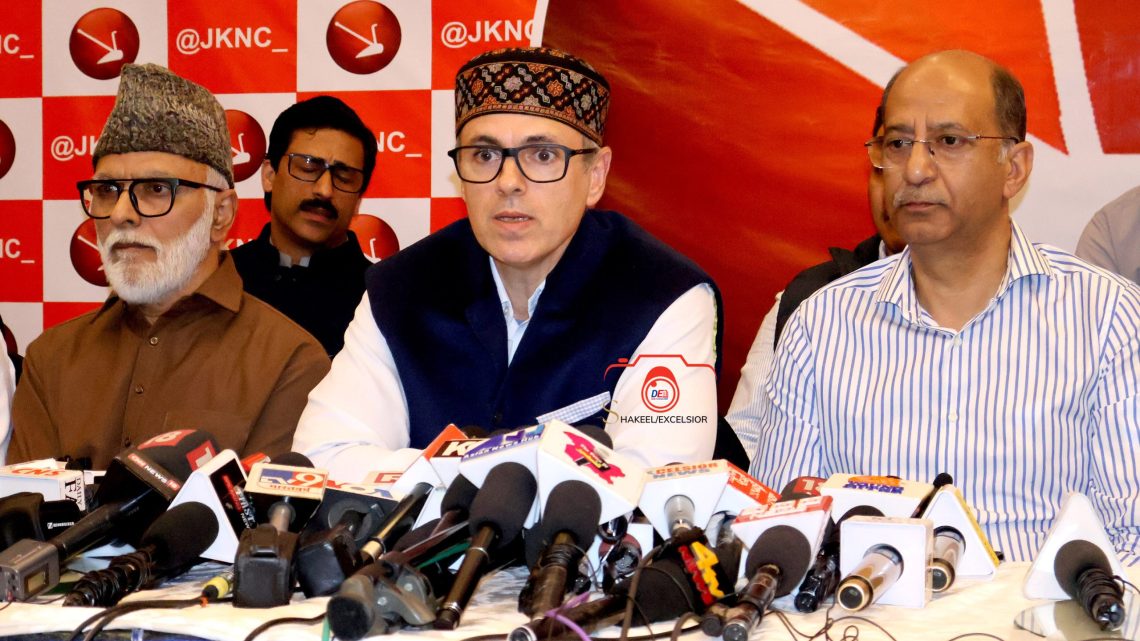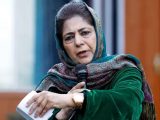
Omar Abdullah Challenges BJP’s Claims of Development in IIOJK
November 28, 2023In a recent statement, National Conference (NC) Vice President Omar Abdullah questioned the Bharatiya Janata Party’s (BJP) assertions of normalcy and development in the occupied region of Jammu and Kashmir. Abdullah’s skepticism stems from the perceived disparity between the government’s claims and the ground reality, particularly in the aftermath of the abrogation of Article 370 in August 2019.
Abdullah criticized the Modi government’s narrative on development and normalcy, emphasizing that the situation on the ground tells a different story. He dismissed the idea that symbolic gestures, such as hoisting large flags, could win the hearts of the people. According to Abdullah, genuine connection with the people involves understanding their sentiments, addressing their issues, and alleviating their suffering. He asserted that the government’s approach of keeping people in jails for extended periods is counterproductive to winning their hearts.
The NC Vice President pointed out the contradiction between the BJP’s claims and the persisting challenges faced by the people of Jammu and Kashmir. Despite promises of development after the abrogation of Article 370, issues such as water scarcity, erratic power supply, and high unemployment rates persist. Abdullah accused New Delhi of engaging in propaganda surrounding Article 370, labeling it as deceptive. He questioned the BJP’s commitment to development, asking why the government hesitates to hold elections if genuine progress has been made.
Addressing the hardships faced by the people, Abdullah highlighted the erosion of their honor and identity. He criticized the government’s failure to deliver on assurances, citing frequent power cuts despite the installation of smart meters. Abdullah challenged the government’s narrative, pointing out the disparity between promises and the reality experienced by the citizens.
In a sharp rebuke to the BJP’s local allies, Abdullah urged them to speak out against the injustices faced by Kashmiris in Uttar Pradesh. He called on these regional representatives to use their influence to address the harassment of Kashmiris and Muslims in the state. Abdullah questioned the silence of these allies on critical issues and reminded them of their responsibility to advocate for the rights of the people.
In conclusion, Omar Abdullah’s critique of the BJP’s claims reflects a broader sentiment of discontent in Jammu and Kashmir. The discrepancy between promised development and the lived experiences of the people raises important questions about the government’s policies and the true impact of the abrogation of Article 370. Abdullah’s call for introspection and accountability resonates with those who feel neglected and disillusioned in the face of ongoing challenges.

